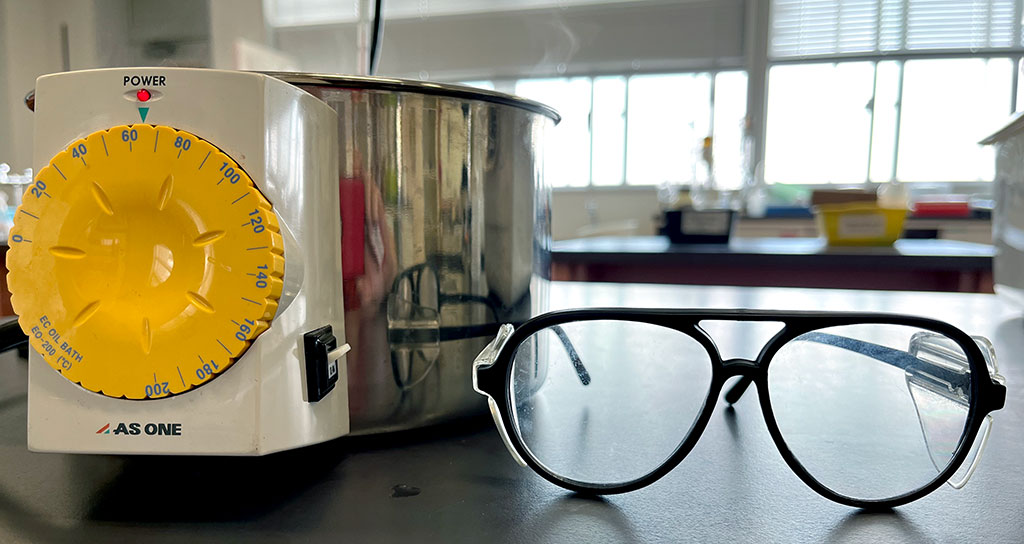This is the first Science Unit of the Grade 8 academic year and as such expectations for Grade 8 Science students are clearly explained.
This includes:
- School-wide safety orientation (Fire, Earthquake, lockdown routines)
- Coming prepared - What do I need to bring to class?
- Behavioural expectations - including use of technology
- Classroom logistics - including homework, Google Classroom, communication with the teacher
- Safety in the lab - After an orientation and explanation to students, students and parents co-sign a safety contract
- Assessments - How semester and year grades are calculated
Learning targets
The aim of this unit is to help students adopt an organised, responsible and self-directed approach to their learning. Emphasis is placed on studentship, characteristics that make good students, not only in Science but as a life skill. Students are put on the path to become independent learners.
Saint Maur Essential Outcomes
Moral Citizens
- The importance of academic honesty and correct referencing/ citation of sources
- Honesty and integrity in the reporting of data is vital.
- Moral and ethical experimentation
Unique Individuals
- Often the greatest leaps in Science are made when scientists think outside the box.
Global Citizens
- The scientific community has certain common principles, methods and understandings that provide a framework for their endeavours.
- The study of Science is by nature collaborative. Large-scale collaboration allows problems to be tackled from different perspectives and for scientists to reap benefits of different disciplines or areas of expertise.
Balanced Learners
- Communicating efficiently – concisely and precisely in oral presentations and lab reports
Life-Long Learners (Communicative Learners, Inquiring Learners, Collaborative learners, Resilient Learners, Reflective Learners, Open Minded Learners)
- The importance of basing decisions on sufficient reliable evidence.
- Careful observation and recognition of patterns of behaviour allows us to make predictions about the behaviour of the natural world.
- Different points of view may be based on different evidence
